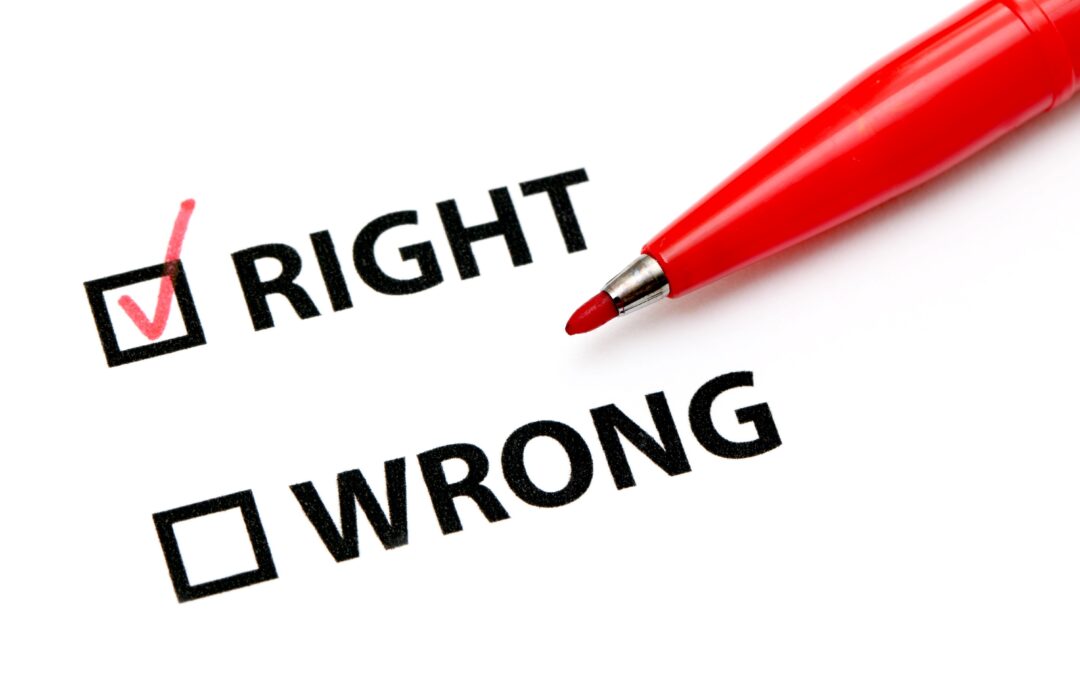In the fervently contested arena of politics, advertising plays a paramount role in shaping public opinion and rallying support. In an industry that often treads a thin line between facts and manipulation, the question of ethics looms large. The responsibility of drawing a line in political advertising is not just a matter of legal compliance but a reflection of democratic principles and societal values. Let’s explore this subject in detail.
1. The Need for Ethical Boundaries
The dynamic nature of political advertising offers the chance to reach vast audiences, sway opinions, and rally support. However, this power comes with the peril of misleading, dividing, and even polarizing the society. Ensuring ethical conduct in political advertising is paramount to maintaining the integrity of the democratic process.
2. Truthfulness and Transparency
Political advertising must be rooted in truth. Distorting facts, using out-of-context quotes, or employing misleading imagery undermines public trust and can have long-term detrimental effects on political discourse.
Fact-Checking: Political campaigns should subject their advertising to rigorous fact-checking and provide the sources to substantiate their claims.
Transparency in Funding: Disclosing the funding sources for political ads promotes transparency and holds advertisers accountable.
3. Avoiding Personal Attacks
Resorting to personal attacks and ad hominem arguments in political advertising not only degrades the quality of public debate but distracts from the substantive issues at stake.
Focusing on Policy and Principles: Political advertisements should center around policies, ideologies, and the track record of candidates rather than personal traits or private lives.
4. Respecting Privacy and Consent
Utilizing personal data for targeted political advertising requires careful consideration of privacy laws and ethical standards.
- Obtaining Informed Consent: Ensuring that individuals have explicitly consented to the use of their personal data for political advertising.
- Data Security: Implementing robust measures to protect personal data from unauthorized access or misuse.
5. Regulatory Oversight and Self-Regulation
While laws and regulations are essential, they can never cover every potential ethical pitfall.
- Government Oversight: Creating clear, enforceable laws that govern political advertising.
- Industry Self-Regulation: Political advertisers and agencies should adopt self-regulatory codes of conduct that go beyond legal requirements.
Conclusion
The onus of ethical conduct in political advertising falls on politicians, agencies, media platforms, and indeed, the public at large. Drawing the line is not simply a matter of following rules; it is about adhering to principles that foster honest dialogue, informed decision-making, and a healthy democracy.
By making a conscious effort to prioritize ethics, political advertisers can contribute to a more engaged, informed, and unified society. The path to ethical political advertising requires a concerted effort from all stakeholders to create a culture that values integrity, respects diversity, and upholds the democratic principles that bind us together.






